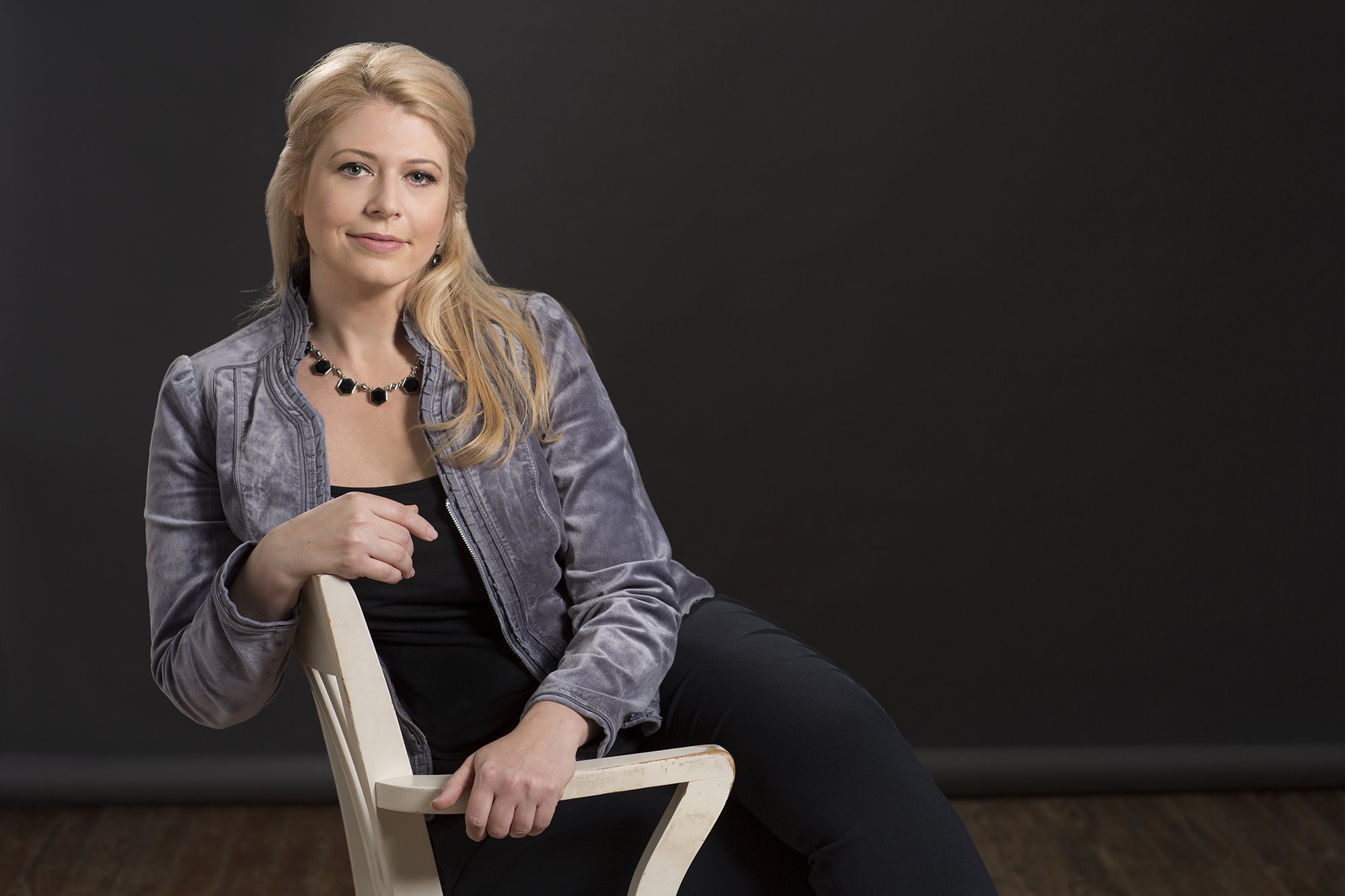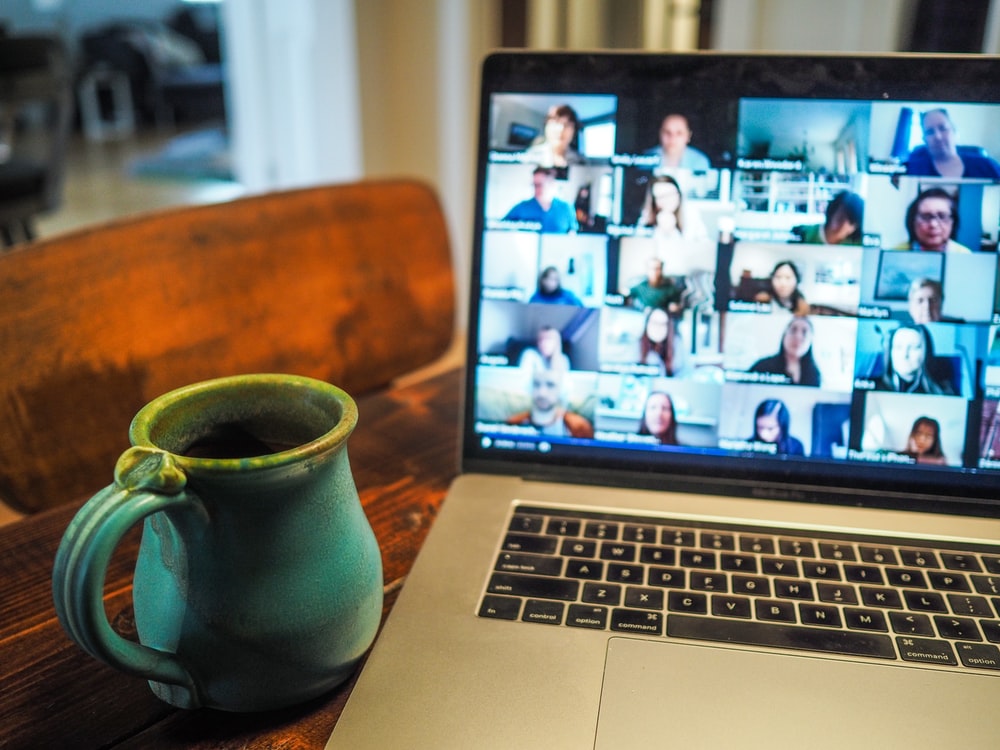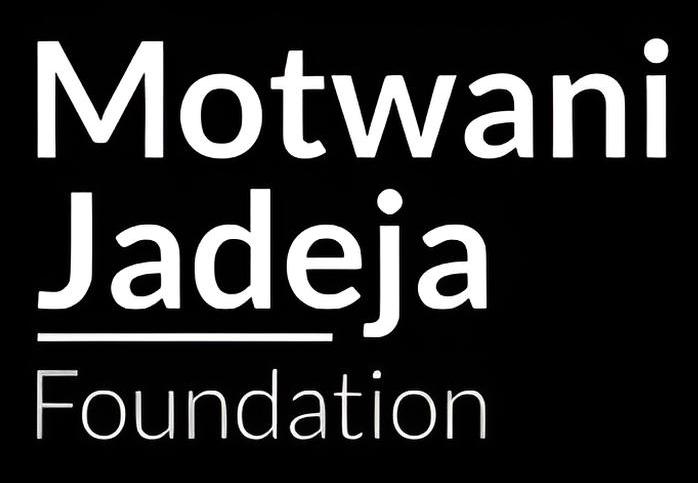It’s the golden hour when we finally get a chance to sit down. Sunlight streams in through the windows and lights up the dining room and kitchen’s warm tones.
One side of the dining table is littered with magazines, unopened mail, and coupon leaflets from various newspapers. The other side has a tray full of condiments ready to use for meals.
Short, black hair frames An-Hoa Pham’s face, and despite her tired expression from dealing with a hot summer’s day, she looks relaxed and youthful for her 60 years.
All around us are various devices. There’s a Bluetooth speaker sitting next to a house plant on top of an oven. In the office desk snuggled into a corner, there’s a Macbook paired with a Magic Mouse nestled amongst a frenzy of monochromatic wires.
An-Hoa loosely grips the latest iPhone in her right hand as she leans her elbow on the edge of the table, occasionally checking the screen with a glance whenever a notification pops up. Within her reach is her iPad, complete with a stand for hands-free viewing.
“I’ve had Facebook since around 2008,” she says.
Then she gives a small huff of amusement. “I find out a lot of news, and even though I’m not friends with some friends, I can still get their news through other people. It’s interesting. I get a lot of updates through Facebook.
“It made me aware of many things around the world. And I got reconnected with longtime friends and a lot of people I haven’t seen for years”
When asked if there’s anyone she hopes she could talk to on Facebook, she immediately gives a nod. “A few close friends still don’t have Facebook, so we only talk by phone. And some of them live in other countries where I have no connection.”
Compared to the rest of her age group, An-Hoa tries to embrace social media and work her way around the new gadgets that are constantly getting released, although she was initially reluctant.
“I needed to use computers for my work in bookkeeping. I had to send reports. I didn’t even have my own computer until 2004, but that was a hand-me-down from my husband.”
However, she readily admits that her technological journey is one of increasing dependence.
“I’ve been using computers for a long time. I think I would be lost with no connection. I check the internet every day, check mail every day, check Facebook every day.”
Looking back on her childhood though, An-Hoa notes that while it was a simpler time, but it came with its inconveniences.
“Before that I had to use snail mail to send letters to my boyfriend, who then became my fiancé. And growing up in Vietnam, my friends are my neighbors. We talked all the time, so there was no need for letters or anything, even though we didn’t have anything. With long distance friends, there also was no communication, only when we meet and we talk.”
I ask her what she thinks about the general impact of social media and whether it’s a good or bad thing. She cocks her head slightly in thought, but seems a little hesitant to respond. When she does answer though, she focuses on the need for relevant information rather than gratuitous oversharing, the latter of which she struggles to understand and visibly cringes at.
“It’s good in a way, but it’s bad,” she begins. “Sometimes I click on things but something unrelated shows, and it’s bad things that I don’t need to know. But in general, I think it’s good. I learn many things too. Especially now you know, all the recipes that people methandienone cycle for women evidence for share. Before, people just want to keep secrets about cooking, about household cleaning and supplies. Now you can find out almost everything that you want to do-it-yourself. DIY. People share freely, comfortably. Not like before.
“I think Facebook and Instagram and other things, I think it’s too much exposure,” she continues. “Your personal life, there’s some privacy to it. Not that you want to hide anything, but sometimes if you share too much about yourself it’s not good. Sometimes you want to save those things for your significant one.”
I argue that there are friends and family who are concerned and do want to know the details of personal life, especially those who can’t be there in person. It can be beneficial to share personal milestones and thoughts, so why keep it away from everyone else?
An-Hoa nods in understanding, but counteracts with questions of her own.
“Things like celebrations, I think it’s okay to post online. But things that are more intimate, you should keep it with your significant other because it has more intimacy, like proposals. Things between you and your spouse, you don’t need to tell other people. Why? You can talk to your family in person, why bring it to Facebook for everyone to know?”
This leads her to shares concerns about the impact on younger people and how necessary it is to be cautious.
“Technology nowadays, there’s so many things available. Especially, you know, pornography and inappropriate sites. It creates temptations. Nobody knows so you can have the freedom to look at anything you want. There’s no limits. If you don’t see it, you won’t have the temptation. But then you see it, temptation arises and you get hooked, addicted easily. Especially on YouTube, there’s a trail. You see one, and then there’s more and more. It leads you and it’s unending.
“In a way, it has good, and it has bad. But how can you control it?”
And that’s the ultimate question isn’t it? As An-hoa noted, we live in an age where technology and social media is becoming more accessible and affordable by the day, and it’s good, sometimes even great. But do we control it or is it controlling us?



































